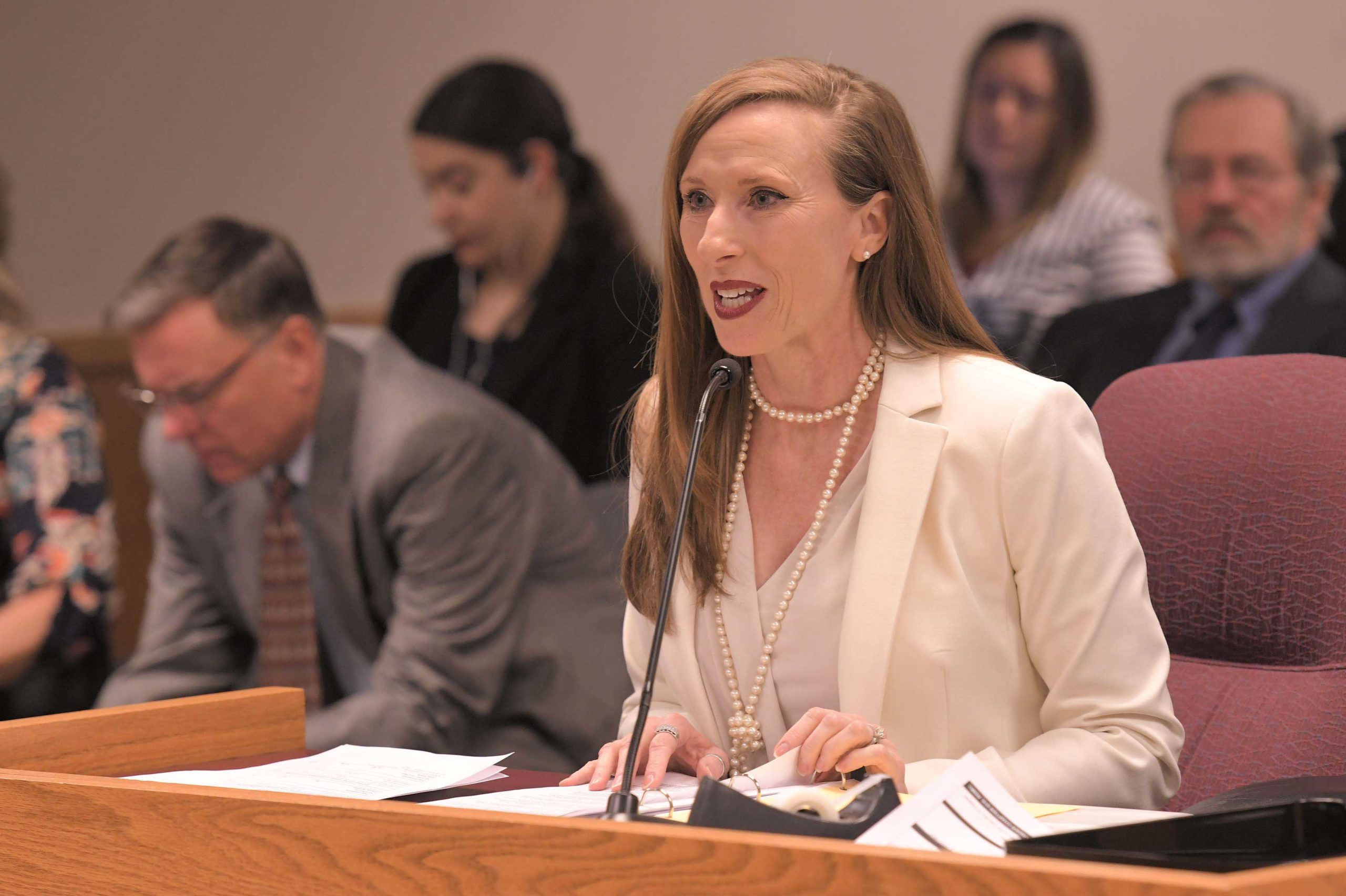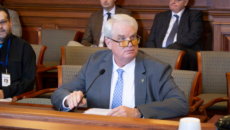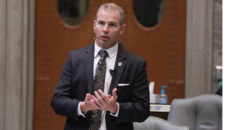JEFFERSON CITY, Mo. — The Missouri House has passed a bill to the Senate that would establish a prescription drug monitoring program (PDMP).
HB 1693, sponsored by Republican Rep. Holly Rehder, would bring Missouri up to speed with a nationwide precedent. Missouri is currently the only state without a statewide PDMP system, except for small scale versions in Columbia and St. Louis. The proposed legislation would create a statewide program that would allow doctors to see patients’ records and prescriptions to better prescribe medications.
Proponents of the legislation say this would be a way to tackle the nationwide opioid epidemic, an issue that has plagued Missouri. Allowing medical professionals to have updated prescription records could prevent the further distribution of opiates and reduce the number of overdoses, according to those who have pushed for this bill.
“We truly need this to be a statewide program so that all of our physicians have their patients’ health records at their fingertips,” Rehder told The Missouri Times. “With knowing that addiction trends can be spotted early on, we need this as a tool to fighting this epidemic, to have that knowledge and access so that they can make informed prescriptions.”
Another area this would cover is accidental overdoses due to a doctor being unaware of how a new medication could react with a preexisting prescription, Rehder said.
“Many physicians have testified over the years about overdoses. Your psychiatrist doesn’t know what your general practitioner has prescribed to you, or an elderly person could not remember all the medications they are on to tell the orthopedic doctor, and he might put her on something that counteracts with some of those other medications,” Rehder said.
Concerns over privacy issues — as privacy laws cover medical histories — are following the House bill as it heads to the Senate. Republican Sen. Denny Hoskins, who has disagreed with similar versions of this bill in the past, voiced his concerns about the legislation.
“I appreciate Rep. Rehder’s passion on this issue,” Hoskins told The Missouri Times. “I want to make sure that whatever the legislature does to help combat the opioid epidemic, it actually works. I’m not yet convinced having a government database to track our personal, private prescription information has worked as intended in other states. While I have several concerns about this bill, I look forward to working with my colleagues to try to address these concerns.”
However, Rehder argued her bill would account for this.
“All of the other states have managed to do this without any problems for many years,” she said. “Privacy is absolutely a concern of mine. These are electronic records, so they are covered by HIPAA law, just like other medical records. We have included Second and Fourth Amendment protections, whereas the county-based programs do not. If privacy is your concern, you can favor this statewide program.”
Rehder’s bill passed through the House this week with a vote of 98-56. She has sponsored similar legislation in the past, but Missouri has struggled over proposed PDMPs for several sessions, from both the House and Senate.
But Rehder said she is optimistic about her bill’s path this session.
“We’re really hoping to get this bill across the line this year. We were really encouraged by the vote; 98 is a strong number, and we’ve seen lots of support,” she said.














